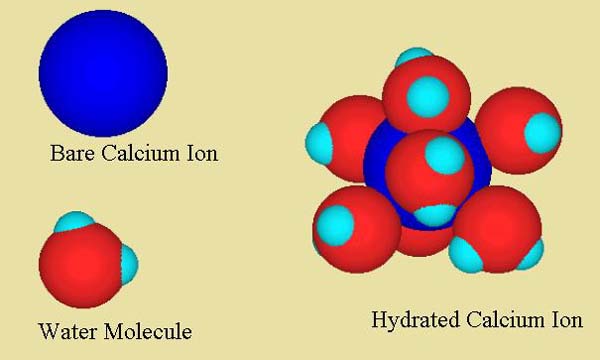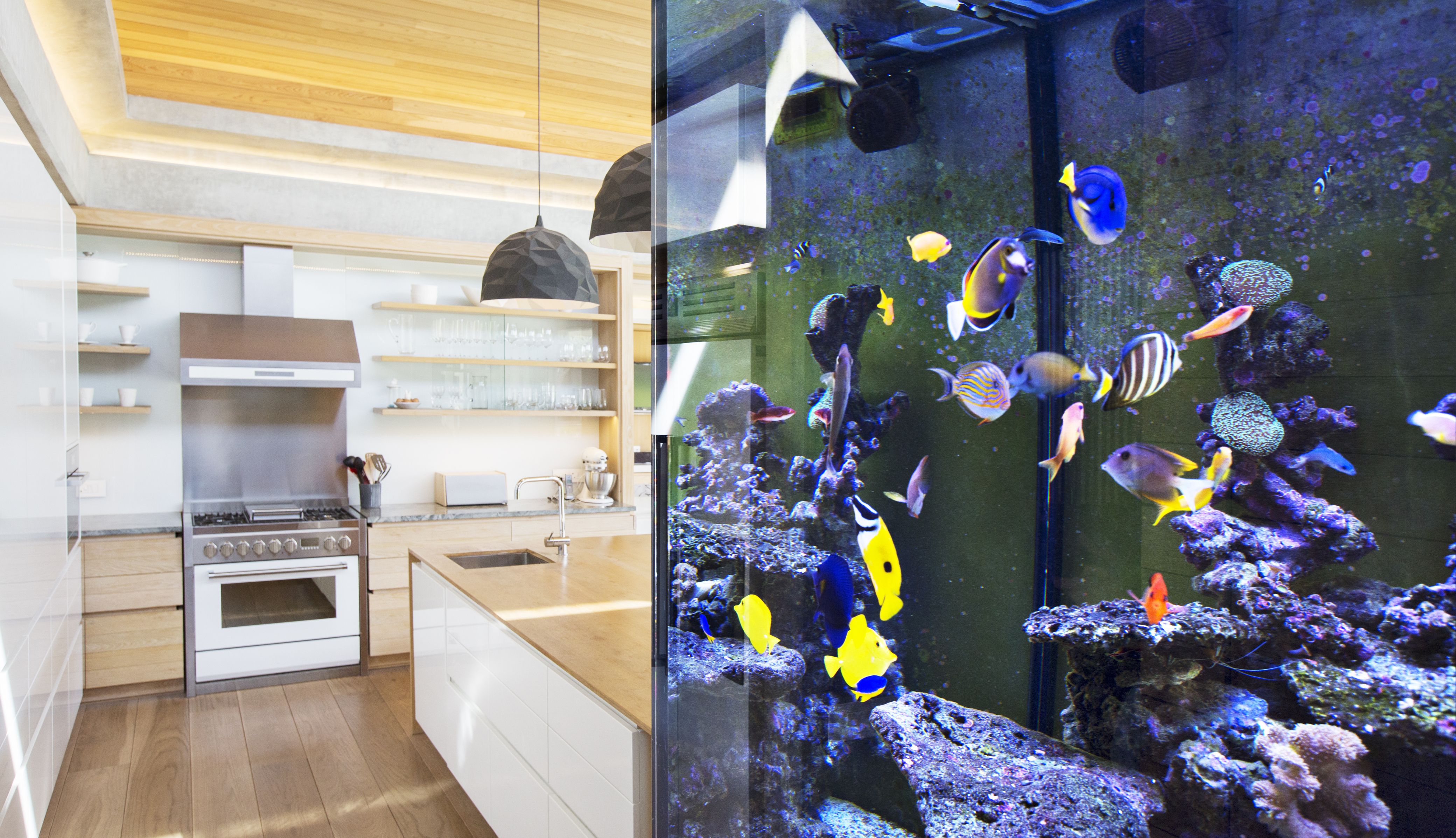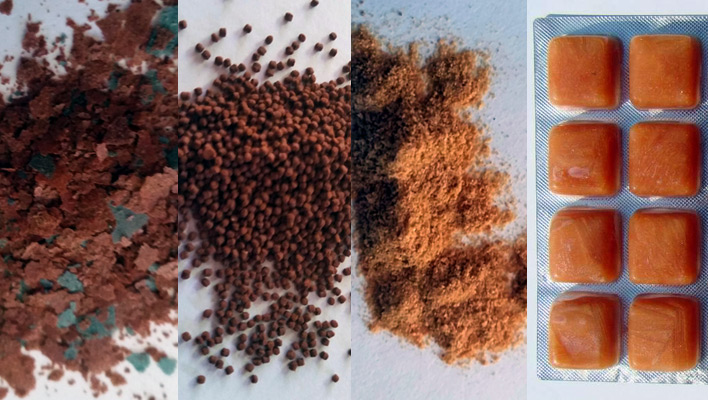I’m just curious, will foods containing calcium phosphate in the ingredients add a significant amount of phosphates to an aquarium?
TDO Chroma Boost has Calcium phosphate in the ingredients.

TDO Chroma Boost has Calcium phosphate in the ingredients.






















